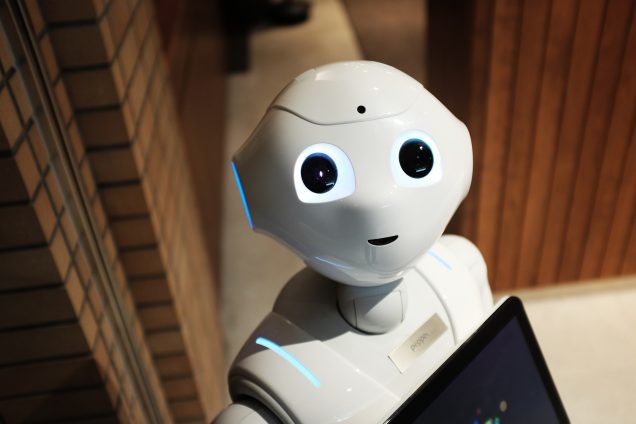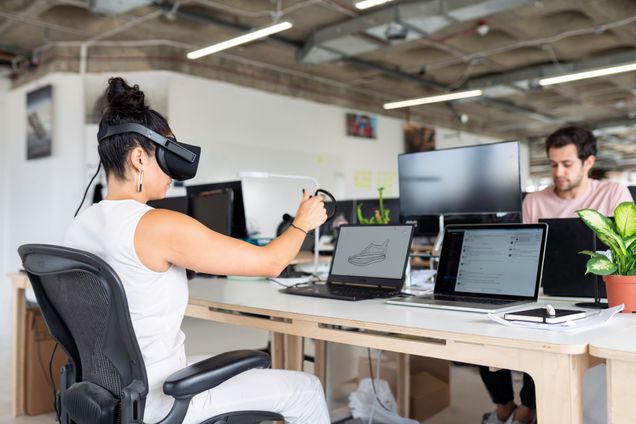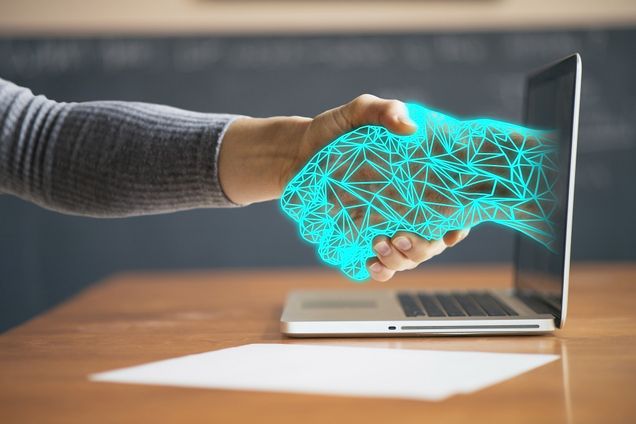Original article at BU School of Hospitality Administration
Digital transformation and the leverage of technology play an important role in today’s hospitality industry, especially in the post-pandemic era. Facing the challenges of labor shortage, the rising cost of operation, and the changes in consumer needs and behaviors, hospitality businesses need to pivot their services and products with the latest technology in order to keep their competitive edge.
Whether it’s restaurants, hotels, tourism, or senior living services, staying informed of the industry trend and innovating with the help of technology are necessary to thrive.
WHAT IS HOSPITALITY TECHNOLOGY, AND WHY IS IT IMPORTANT?
Hospitality technology is the application of information technology, such as robotics, big data, cloud computing, and virtual reality, with the goal to solve business problems for organizations in the hospitality field.
There are many benefits that technology can bring to the hospitality industry. For example, technologies like artificial intelligence (AI) chatbots can improve guest experience, mobile ordering can increase efficiency, and robots can lower staff workload and minimize costs.
In this article, we will introduce a myriad of technology solutions available to hospitality businesses with real-world examples of the implementation.
LATEST TECHNOLOGIES TRANSFORMING THE HOSPITALITY INDUSTRY
ROBOTICS
Robotics has been pivotal to the hospitality industry and it will continue to play a critical role in shaping the future. Service robots such as robot greeters, housekeeping robots, and cooking robots have become more and more common in restaurants and hotels. Robots are making services smoother and faster while lowering the cost of operation.
However, there are also concerns about robotics being the culprit of the decrease in employment opportunities. Facing this concern, the president of SDS Ventures, Sanjeev Shetty, pointed out that robots relieve human employees from dull and repetitive work.
“The human element, the person-centered element of our business which is hospitality, will never go away with robots or AI,” Sanjeev explained. Instead, robots help us create a happier work environment with higher efficiency and enable us to allocate more time to connect with customers.

ARTIFICIAL INTELLIGENCE
Artificial Intelligence (AI) refers to the simulation of human intelligence in computers, machines, or systems. It empowers machines to process information and perform tasks by collecting data and learning patterns.
Today’s customers expect timely interactions, personalized services, and seamless processes. To address this emerging demand, AI and machine learning can transform the way we serve customers. For example, AI chatbots enable businesses to communicate with customers 24/7 without any language barrier; computer systems can predict and optimize room occupancy based on data; omnichannel customer services can highly personalize guest experiences through an integrated network.
VIDEO ANALYTICS AND VIRTUAL REALITY
The adoption of video analytics is also growing in the hospitality industry. In a nutshell, video analytics can process digital videos and analyze movement patterns, track objects and motions, and detect spatial events in real time. Related to video analytics, virtual reality is a technology that can create a simulated environment.
In the hospitality industry, video technologies have been utilized in many areas including security, virtual booking, and virtual travel experience. Users may even meet and interact with others as if they are in the same room through VR.

MOBILE ORDERING AND POINT OF SALE (POS) SYSTEM
Since the COVID-19 pandemic greatly disrupted traditional on-premise dining, online orders and mobile pick-ups have become a norm and will only grow faster in the coming years. According to the NPD group, full-service restaurant digital orders jump by 237% in 2021 and the majority of digital orders come from mobile apps.
Mobile ordering systems like Toast transform the ordering process into a seamless experience for guests and vendors. Instead of waiting in long lines, guests simply scan QR codes to read the menu and place orders right at their fingertips. Restaurants are also able to combat the labor crisis and get more incoming orders even with less staff.
In addition to mobile ordering, Point of Sale (POS) systems are also one of the top technologies to leverage in hospitality. POS systems turn mobile devices into cashiers. Whether it’s dining in, curbside pick-up, or online orders, POS enables seamless, fast, and safe transactions that customers seek nowadays.

